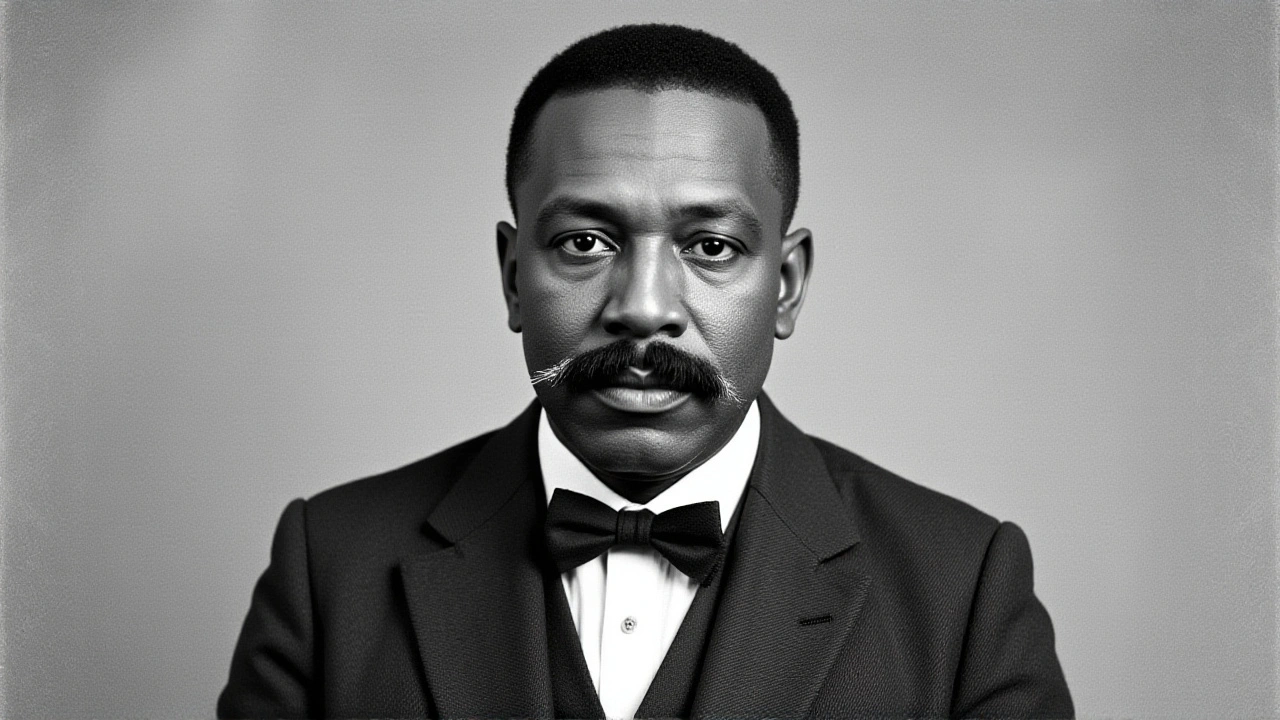Herbert Macaulay – Father of Nigerian Nationalism
When talking about Herbert Macaulay, a pioneering engineer, surveyor and activist who shaped early 20th‑century Nigeria. Also known as “the Father of Nigerian Nationalism”, he blended professional expertise with political activism. His work in Lagos, the bustling colonial port city that became the epicentre of his campaigns set the stage for organized resistance against British rule.
Building the First Nationalist Party
In 1944 Macaulay helped launch the National Council of Nigeria and the Cameroons, the first mass political party that united diverse ethnic groups under a common anti‑colonial agenda. The NCNC gave ordinary Nigerians a platform to demand representation, and its structure mirrored Macaulay’s belief that coordinated action beats isolated protests. He served as a bridge between educated elites and grassroots activists, turning ideas into concrete political demands.
His vision still echoes in modern politics, and Herbert Macaulay remains a touchstone for activists who cite his tactics when challenging today’s government policies. The NCNC’s legacy lives on in later parties that inherited its motto of “unity for progress,” showing how one man’s organisational skill can spark decades of change.
Beyond party politics, Macaulay understood the power of the written word. He founded the Nigeria Pioneer, a newspaper that exposed corruption, criticised plantation taxes and amplified African voices in a censored colonial press. By publishing investigative pieces, he forced the British administration to answer public criticism, turning journalism into a weapon for reform. His articles often featured satirical cartoons that resonated with ordinary Lagos residents, turning complex political debates into relatable stories.
The press venture complemented his engineering background. As a trained surveyor, Macaulay mapped Lagos’s streets, identified unsafe water sources, and lobbied for better sanitation. He used those technical reports to argue for municipal reforms, showing that data could challenge authority. This blend of scientific evidence and media outreach made his campaigns harder to dismiss, and it set a template for future reformers who combine expertise with public advocacy.
Macaulay’s activism also put him at odds with the British colonial administration. He regularly petitioned the Governor, organized mass tax‑resistance rallies, and even faced imprisonment for his outspoken stance. Yet each confrontation sharpened his resolve and broadened his support base. His ability to negotiate with colonial officials while keeping grassroots momentum demonstrated a rare diplomatic skill that modern policymakers still study.
Later generations of Nigerian leaders—Nnamdi Azikiwe, Obafemi Awolowo, and even contemporary activists—trace their political lineage back to Macaulay’s ideas. They credit his emphasis on education, self‑reliance, and collective action for shaping their own strategies. In university classrooms, his speeches are dissected as early examples of African political theory, proving that his influence extends far beyond his lifetime.
Today, monuments in Lagos, streets bearing his name, and annual lectures keep his memory alive. His story is taught not just as a historical footnote but as a living blueprint for civic engagement. Whether you’re a student, journalist, or community organizer, Macaulay’s blend of technical know‑how, media savvy, and fearless activism offers a practical roadmap for effecting change.
Below you’ll find a curated selection of articles that touch on the themes Macaulay championed: political reform, media influence, and the ongoing struggle for African self‑determination. Dive in to see how his legacy informs current events across the continent and discover new angles on the issues he fought for.

Tinubu Grants Presidential Pardon to 175 Nigerians, Including Macaulay, Vatsa, Lawan
President Bola Tinubu pardons 175 Nigerians, including historic figures Herbert Macaulay and Mamman Vatsa, citing mercy and rehabilitation. The move impacts inmates, families, and justice reform.